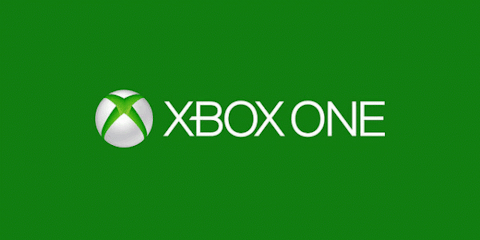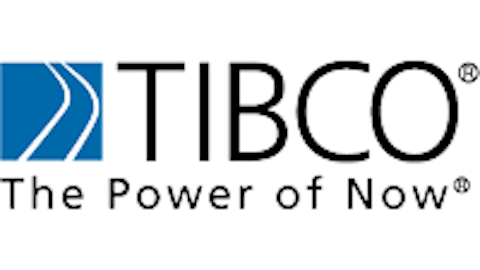On Monday night, Sony Corporation (ADR) (NYSE:SNE) held a major event to show off its new PlayStation 4 game console before the E3 gaming conference officially kicked off on Tuesday. It’s clear from the event that Sony is going for the jugular in its battle with console rivals Nintendo and Microsoft Corporation (NASDAQ:MSFT).
Nintendo has already been struggling with poor sales of its new Wii U console, which was released last fall, and Microsoft Corporation (NASDAQ:MSFT) is facing a backlash from fans over its use of digital rights management technology. With its announcement on Monday, Sony Corporation (ADR) (NYSE:SNE) undercut the Xbox One’s price by $100 while emphasizing that the PS4 will not incorporate new DRM restrictions. With these two moves, Sony has positioned itself to become the clear winner in this generation of video game consoles. Meanwhile, Microsoft finds itself on the defensive, as it needs to justify both draconian DRM restrictions and a high price tag.
Battle of the consoles
Last month, after Microsoft Corporation (NASDAQ:MSFT) revealed the Xbox One — the successor to its highly successful Xbox 360 game console — many gamers were outraged by the implementation of digital rights management for the new console. While very few details were given, it was clear that users would not be able to freely trade or resell used games.
As the uproar about Xbox One’s DRM policies grew, Sony Corporation (ADR) (NYSE:SNE) was suspiciously quiet. The company had revealed its PlayStation 4 console back in February, but had provided even fewer details than Microsoft Corporation (NASDAQ:MSFT). This led many to believe that PS4 would also incorporate DRM, causing fans to launch a social media campaign encouraging Sony Corporation (ADR) (NYSE:SNE) not to do so.
Last week, Microsoft Corporation (NASDAQ:MSFT) finally clarified its DRM policy for Xbox One. Xbox One consoles will need to connect to the Internet at least once a day for games to work, and users will be able to trade in or lend out games only if the publisher consents. While Microsoft will apparently allow trade-ins for its first-party games, other developers could potentially choose to disallow any sort of used market for their games. As one commenter put it, the DRM policies are “just as bad as we expected.”
The new DRM policy could also be bad for GameStop Corp. (NYSE:GME)’s business model, which relies heavily on trade-ins; used games offer high resale margins and also put cash in the hands of customers to buy more games at GameStop Corp. (NYSE:GME). However, the impact on Xbox One sales was clearly going to depend on whether Sony Corporation (ADR) (NYSE:SNE) adopted the same restrictions. If Xbox One and PS4 had similar DRM policies, plenty of gamers would have given in and accepted the restrictions. For GameStop, not all is lost… yet.
PS4 to the rescue
That’s where Sony comes back into the equation. As it turns out, Sony never intended to use DRM but decided not to rebut last month’s rumors in order to build suspense. This allowed it to deliver a potential knockout punch with its “no DRM” announcement on Monday. Sony made sure to take a swipe at Microsoft’s confusing DRM policy whenever possible in order to build loyalty to the PlayStation platform. This included a big slide emphasizing user freedom. PS4 users who buy a game will have four options: “trade in games at retail, sell it to another person, lend it to a friend, or keep it forever.”




